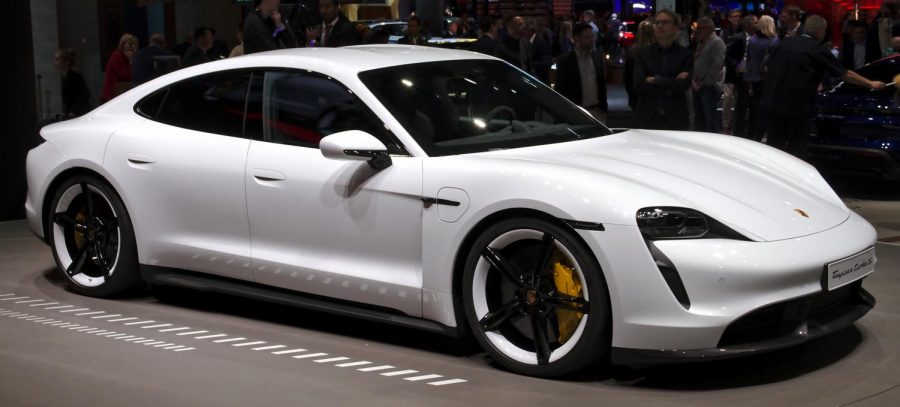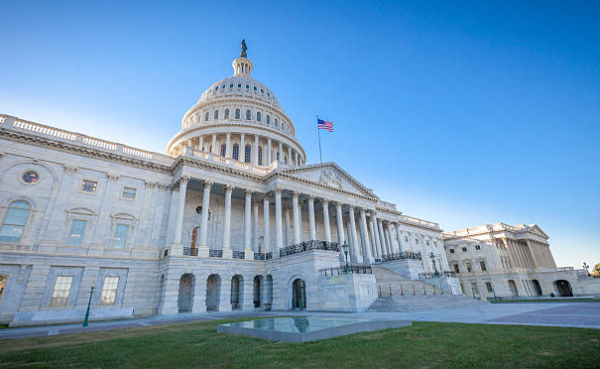Porsche Speeds Towards All-Electric Future With the Taycan
Move over Tesla, there’s a new electric car in town. On September 4, 2019, Porsche announced the arrival of the Taycan, the luxury car brand’s first foray into fully electric vehicles. With a top speed of 161 mph and 0-60 in 2.6 seconds, the Taycan immediately captured the attention of Tesla enthusiasts and those simply looking to buy an electric vehicle. However, the vehicle will cost buyers a pretty penny, with a $103,800 starting price for the Taycan 4S entry model, rising to $150,900 for the Taycan Turbo and $185,000 for the top tier Turbo S.
The Taycan is powered by a 93 kWh lithium-ion battery, delivering up to 750 horsepower in performance with the Turbo S model. Much to the disappointment of many consumers however, the Taycan only has a range of 201 miles, with the notable exception of 279 miles for the Turbo S. The Environmental Protection Agency’s rating is a far cry from what Porsche had promised months earlier, touting that the Taycan would have 280 miles of range. For comparison, the $35,000 entry model of Tesla’s Model 3 has a range of 220 miles, with the $44,500 Model 3 having a larger range of 325 miles. However, the Model 3 maxes out at 271 horsepower, with only the $120,200 Model S barely edging the Taycan out with a maximum horsepower of 762.
Senior Surya Padmanabhan, a student in the Global Ecology program states how, “I don’t think the Taycan will be attractive to Tesla owners, because of its much higher price and lower mileage, price and mileage being some of the most important factors the average buyer considers when shopping for a car.”
Padmanabhan continues, “I don’t think a sports car is the best way to raise interest, as the vast majority of possible consumers have neither the means nor the desire to buy a sports car. What would be more appealing is an affordable family car with good mileage.”
When it comes to charging, the Taycan will take 24 hours to charge fully on 120 volts, 12 hours to charge on 240 volts, and up to 60 miles in 4 minutes using an 800 volt charger. For city performance, the Taycan has an EPA rating of 68 MPGe and a 71 MPGe for the highway. MPGe stands for Miles per gallon gasoline equivalent, where 1 gallon of gasoline is equal to 33.7 kWh. In comparison, the Model 3 has an EPA rating of 148 MPGe for the city and 132 MPGe for the highway, a noticeable difference in performance between the two vehicles.
Padmanabhan elaborates, “ I find the Tesla Model 3 more appealing, as it is the car that brings us closer to the possible future of electric vehicles being the norm, and not a rarity.”
The Taycan will face competition in the coming years, with Tesla set to release its Roadster in 2020. With a starting price around $200,000, Tesla claims that the Roadster will be capable of 0-60 in 1.9 seconds, have a top speed of over 250 mph and 620 miles of range.
With 2020 fast approaching, only time will tell how the Tesla Roadster will compete against the Taycan.

Daniel Tuan is a Senior Humanities student and in his second year writing for the Poolesville Pulse! Daniel has performed piano at various venues, such...
















